Volunteers Serve in Many Ways
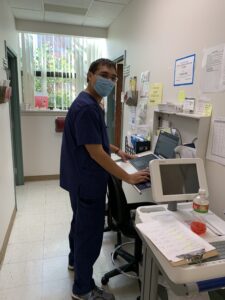
Aaron Wise (2021), at work at KC CARE Health Center
By Tim Deveney, Precious Blood Volunteers Director
A few years ago, I had the pleasure of hearing Fr. Greg Boyle, SJ, speak at the Ignatian Solidarity Network’s Teach-in for Social Justice. Fr. Boyle said we need to not “settle for just shaking your fist, roll up your sleeves to create the place where we cherish each other with every breath.” Over the last 10 years, I have seen Precious Blood Volunteers do exactly this.
Precious Blood Volunteers is a ministry of the United States Province of the Missionaries of the Precious Blood. Our volunteers serve at one of our placements in Kansas City or Chicago.
They are formed in Precious Blood spirituality by living in intentional community, walking with people who are suffering, and seeking reconciliation.
The program was created in 2008 by the Kansas City Province. Marie Trout, then director of Companions, and Fr. Al Ebach, C.PP.S., came up with a plan to give an opportunity for lay people to live in service to others for a year as a part of the Missionaries of the Precious Blood.
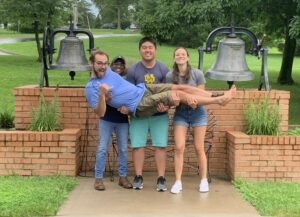
Thomas (front), Michael, Mike, and Allison (2020) at Orientation at Precious Blood Renewal Center in Liberty
Since that time we have had volunteers serving people at Catholic schools, health clinics, social service centers, a hospital, an LGBTQ service center, parishes, a legal aid clinic, and at the Precious Blood Ministry of Reconciliation. Our volunteers have gone on to careers in medicine, education, nonprofit management, ministry and engineering.
The volunteers who serve with us are often right out of college, but we have had people in other stages of their lives, including people in their 30s, 60s and 70s.
Our volunteers have served in a variety of roles, including teaching, mentoring, tutoring, campus ministry and coaching at Cristo Rey Kansas City High School. In Chicago at PBMR, our volunteers have worked in arts and music programs, tutoring, the woodshop, the garden, and in peace circle training.
At Bishop Sullivan Center in Kansas City, our volunteers have helped in the food pantry, run the free restaurant, and assisted people needing help paying their utility bills. We have had volunteers serve as medical assistants at KC Care Health Center, which serves anyone regardless of their ability to pay for care.
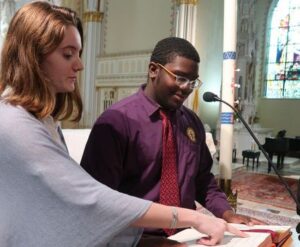
Brooke Buth (2018) with a student at Cristo Rey KC
I am excited about what we have coming for the next volunteer cycle. Currently we have four young people committed to serving with us and we are working on finding a few more to round out the 2023–24 cohort.
The volunteer cycle starts in late July with our orientation retreat at the Precious Blood Renewal Center (PBRC) in Liberty, Mo. During orientation, our new volunteers learn more about the Precious Blood spirituality and charism, have time to reflect on what they are being called to in their service, and better understand the expectations we have for them in their work and community life.
Each month they will participate in spirituality/justice nights, when volunteers share the blessings and challenges of the work they are doing. We hope to have people from throughout the Precious Blood Community lead these meetings.
Our volunteers also participate in two retreats and have other opportunities for spiritual growth. The mid-year retreat is scheduled for

Lina Guerrero (2018) with Sister Donna at PBMR
February in Chicago. At that retreat, our Kansas City based volunteers see where our Chicago-based volunteers serve and live. The mid-year retreat’s focus is seeing where God has worked in their lives over the first half of their term of service and to help them develop a focus for the last few months.
The second last retreat is the end of year at PBRC. At this retreat, volunteers reflect on how God has worked in their lives over their term of service and to see how they want to carry forward what they have experienced. We will help our volunteers find a spiritual director if they seek it out.
We would love to have your help in supporting our volunteers and the program in general. The most important item on the list is praying for them. Many of our volunteers have told me they felt the prayerful support of the Precious Blood community.
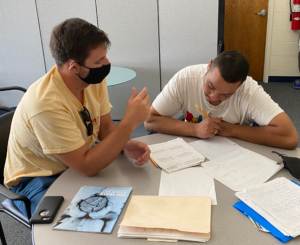
Vincent Tedford (2021) working with a student at PBMR
Another way to support the volunteers is to send them cards or emails letting them know you are praying for them. If you’re in Chicago or Kansas City, you can invite them to your home for dinner, take them out for a meal or coffee, or invite them to share their experiences at a Companions gathering or Community night. If you have a background in spiritual direction or companionship you can serve as a spiritual director for one of our volunteers.
You can follow along with what is happening with Precious Blood Volunteers by following us on Facebook, Instagram and Twitter.
Tim Deveney is the director of Precious Blood Volunteers. Go to preciousbloodvolunteers.org to learn more about Precious Blood Volunteers.

 They appear in Jerusalem to get directions. When they arrive in Bethlehem, they give their gifts to Jesus and offer him homage. They renege on their promise to Herod after having dreams in which angels warn them Herod’s intentions are not good. They end up going home a different way. They are a group of people who appear quietly in Matthew’s Gospel, and after giving their gifts and offering homage to Jesus, they just as quietly disappear.
They appear in Jerusalem to get directions. When they arrive in Bethlehem, they give their gifts to Jesus and offer him homage. They renege on their promise to Herod after having dreams in which angels warn them Herod’s intentions are not good. They end up going home a different way. They are a group of people who appear quietly in Matthew’s Gospel, and after giving their gifts and offering homage to Jesus, they just as quietly disappear.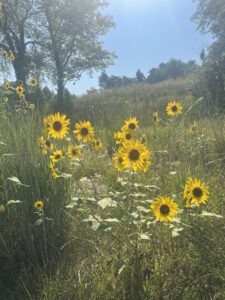
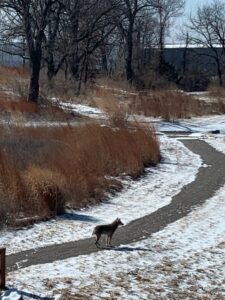
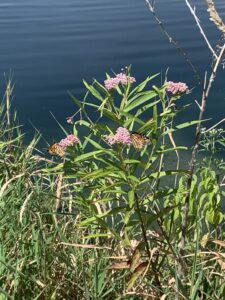
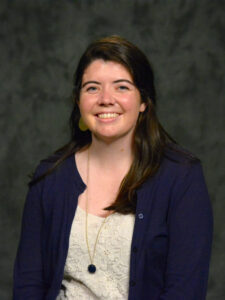
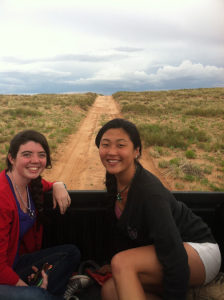

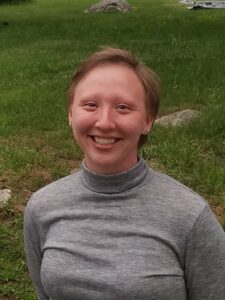
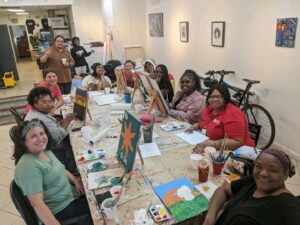
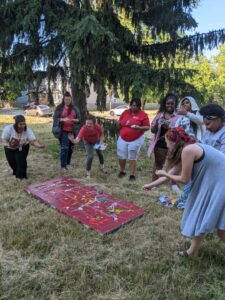 Our Zumba instructor friend talked about how important it is to find one’s joy and hold onto it. She spoke about being a Black woman, going through the process of identifying and processing trauma, and how much of a toll that has taken on her mental, physical, emotional and spiritual health. Dance brought her back into her body and allowed her to express herself in music and movement. Even in those toughest times, it was her joy.
Our Zumba instructor friend talked about how important it is to find one’s joy and hold onto it. She spoke about being a Black woman, going through the process of identifying and processing trauma, and how much of a toll that has taken on her mental, physical, emotional and spiritual health. Dance brought her back into her body and allowed her to express herself in music and movement. Even in those toughest times, it was her joy.